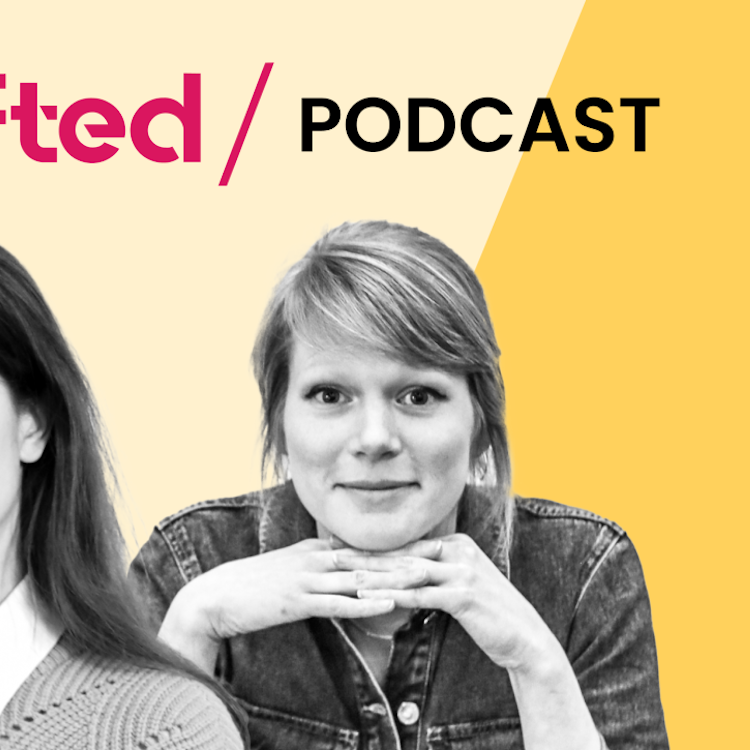When someone says "startup investor", the first name you think of probably isn't the Bill & Melinda Gates Foundation — but the nonprofit regularly invests in companies it believes could have a positive impact on world health.
One recent European recipient of funding from the foundation is Aphea.Bio, a Belgian biotech company which just raised a €70m Series C. The startup is producing pesticide alternatives to boost crop growth, which are less harmful to the environment and humans.
“We are making or developing products that are based on microbials, so basically we source in nature, bacteria, fungi and yeast strains which we’ve found around us,” Isabel Vercauteren, CEO and cofounder of Aphea.Bio, said on Startup Europe — The Sifted Podcast this week.
The company’s first product will be available on the market in August this year.
“It will be distributed by Syngenta, one of the major seed companies, and it’s a biostimulant for wheat,” Vercauteren said. “The wheat bacteria helps the plant absorb nutrients like nitrogen and phosphorus in a much more efficient way and as such is stimulating the growth of the wheat plants.”
But despite these partnerships, fundraising was a challenge.
“In Europe, we have the Green Deal, we have the Farm to Fork strategy, so for us the topic is really spot on on where Europe is wanting to go, so this was an advantage, but it’s a difficult moment to do fundraising,” she said. “There are a lot of uncertainties in the world. We’ve also seen the war in Ukraine has not really helped, especially not to bring US investors over to Europe.”
According to Vercauteren, who ended up raising Belgium’s second largest all-equity round this year, the Gates Foundation has “a big vision” of making technology like Aphea.Bio's more available.
“It’s clear that the product that we develop has a beneficial impact on the environment, but on the other hand, we also have committed to make a social impact and that’s where the foundation also comes in, we can open up more markets that maybe initially we had not even envisaged,” she said.
“The foundation is probably one of the most peculiar investors, it’s not a traditional financial investor. So yes they become a shareholder, but they expect us to validate our technology in certain countries in Africa, so their purpose is really a charitable purpose.”
In this episode, we also covered:
- The UK government’s plan to direct £75bn from pension funds to startups
- 5 key questions that the plan — known as the Mansion House Compact — doesn’t answer
- The startup creating AI jobs for humans
- Causaly’s $60m Series B to give scientists instant access to 'all of biology'
- The Big Tech alumni building startups in Paris




